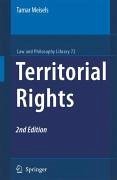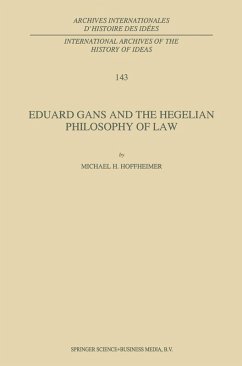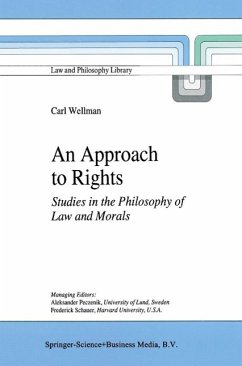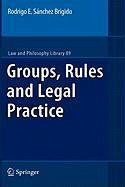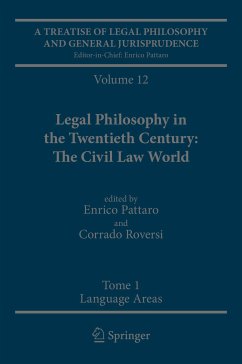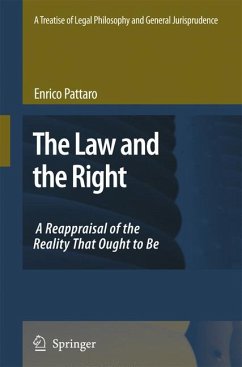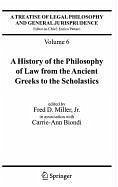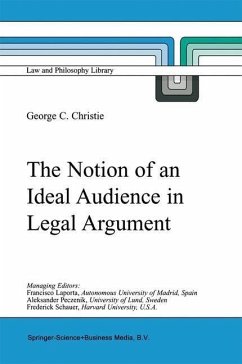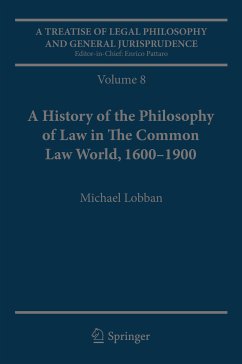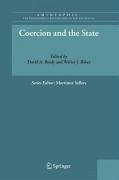
Coercion and the State (eBook, PDF)
Versandkostenfrei!
Sofort per Download lieferbar
72,95 €
inkl. MwSt.
Weitere Ausgaben:

PAYBACK Punkte
36 °P sammeln!
A signal feature of legal and political institutions is that they exercise coercive power. The essays in this volume examine institutional coercion with the aim of trying to understand its nature, justification and limits. Included are essays that take a fresh look at perennial questions - what, if anything, can legitimate state exercises of coercive force? What is coercion in politics and law? - and essays that take a first or nearly first look at newer questions - may the state coercively hold certain terrorists indefinitely? Does the state coerce those seeking to join in same-sex marriage w...
A signal feature of legal and political institutions is that they exercise coercive power. The essays in this volume examine institutional coercion with the aim of trying to understand its nature, justification and limits. Included are essays that take a fresh look at perennial questions - what, if anything, can legitimate state exercises of coercive force? What is coercion in politics and law? - and essays that take a first or nearly first look at newer questions - may the state coercively hold certain terrorists indefinitely? Does the state coerce those seeking to join in same-sex marriage when it refuses to extend legal recognition to same-sex marriage? Can there be a just international order without some agency possessed of the final and rightful authority to coerce states? Leading scholars from philosophy, political science and law examine these and related questions shedding new light on an apparently inescapable feature of political and legal life: Coercion.
Dieser Download kann aus rechtlichen Gründen nur mit Rechnungsadresse in A, B, BG, CY, CZ, D, DK, EW, E, FIN, F, GR, HR, H, IRL, I, LT, L, LR, M, NL, PL, P, R, S, SLO, SK ausgeliefert werden.



